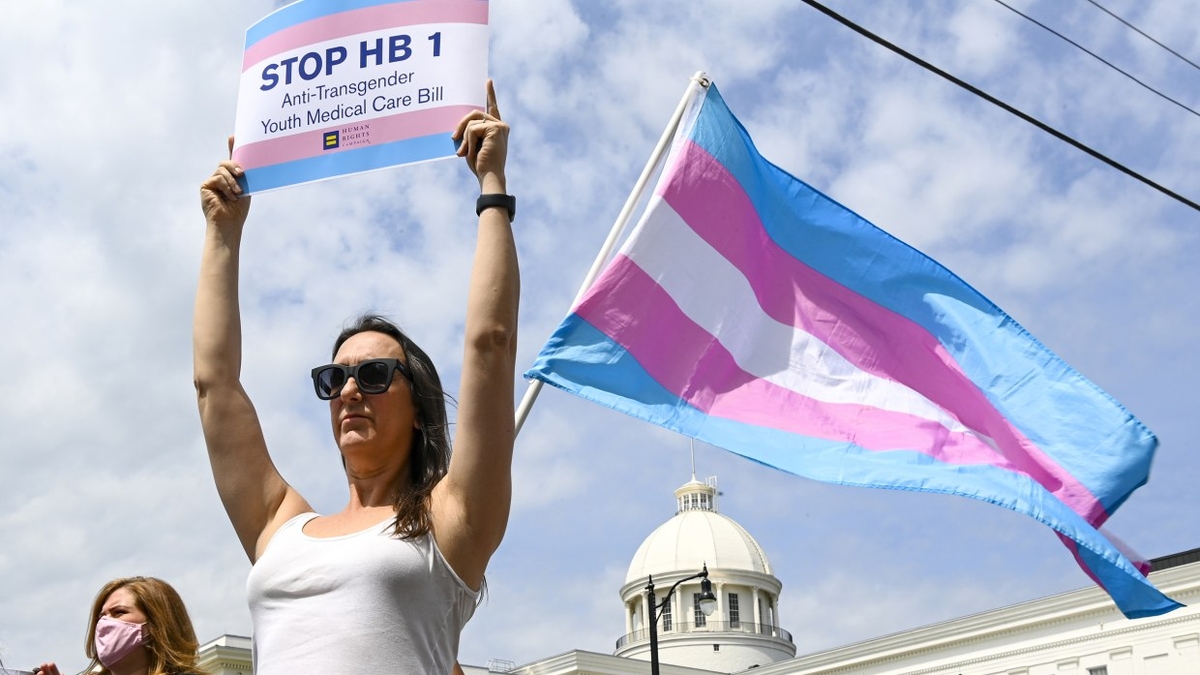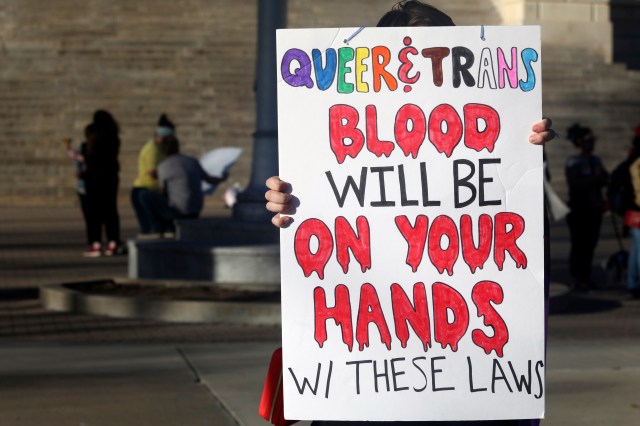
Faculty members, legal researchers, and staff from the University of Alberta Law and University of Calgary Law have voiced their concerns about the government’s recent announcement of measures targeting transgender youth. These restrictions have sparked significant attention and provoked discussions within the community. The matter has elicited responses from various individuals and organizations, including Jennifer Koshan, ButNotTheCit, AnnaJaneL, UbakaOgbogu, KellindeW, DrFLS, KristopherWells, ryanjespersen, ABFamDocs, ScienceUpFirst, and Albertadoctors.
The Current State of Transgender Legislation
Recently, Republican lawmakers introduced a bill to ban trans women from competing on U.S. Olympic teams. This move is part of a larger series of bills enacted in Republican-governed states over the past few years, specifically targeting transgender people. These laws range from banning gender-affirming medical care for trans minors to prohibiting trans athletes from participating in girls’ and women’s scholastic sports teams. This legislation has incited significant legal battles and has left many transgender adults feeling overwhelmed, scared, and angry. It has also sparked concerns about the future of gender transition care and its impact on the LGBTQ community.
Backlash Against Trans Rights and Its Impact
The anti-trans sentiment has been perceived as a backlash to the broader gains made by the LGBTQ rights movement in recent years. The cumulative impact of these laws has been tangible, with surveys revealing that many trans individuals have considered relocating to a more accepting city or state. The escalating anti-trans legislation has prompted the formation of new organizations like Advocates for Trans Equality, created through the merger of the Transgender Legal Defense and Education Fund and the National Center for Transgender Equality. This new organization plans to employ a staff of 50 by year’s end, working from offices in New York and Washington as well as remotely.
Targeting Trans Adults’ Access to Healthcare
Interestingly, the focus of these legislative measures isn’t limited to trans youth. Republican lawmakers are also targeting trans adults’ access to healthcare, proposing bills that restrict gender-affirming care. Over a third of the 120 trans medical care bans proposed in 2024 include provisions restricting trans adults’ access to care. Some GOP leaders openly admit that their ultimate intention is to ban all forms of trans medical care for both adults and children.
Emerging Responses and Modifications
In response to the growing threats, some states are taking steps to modify their approach. The Ohio Department of Health, for instance, clarified that its rules regarding gender transition care would apply only to minors, not adults. This proposal would ban Ohio hospitals from performing gender transition care on minors and includes regulations for children facing gender dysphoria. To be eligible for puberty blockers or hormones, minors would need to undergo at least six months of mental health counseling. However, the rules prohibit surgeries.
In conclusion, the current wave of anti-trans legislation has provoked widespread concern and debate within and beyond the LGBTQ community. It has led to a heightened state of vigilance and mobilization among trans rights advocates. As the situation evolves, the need for informed, compassionate discussion and policy-making becomes increasingly pressing.



